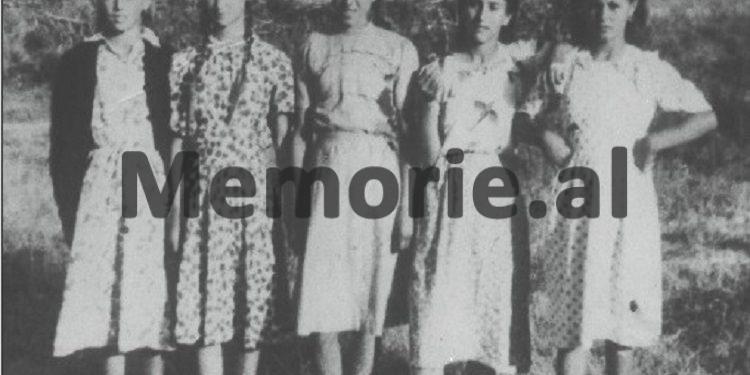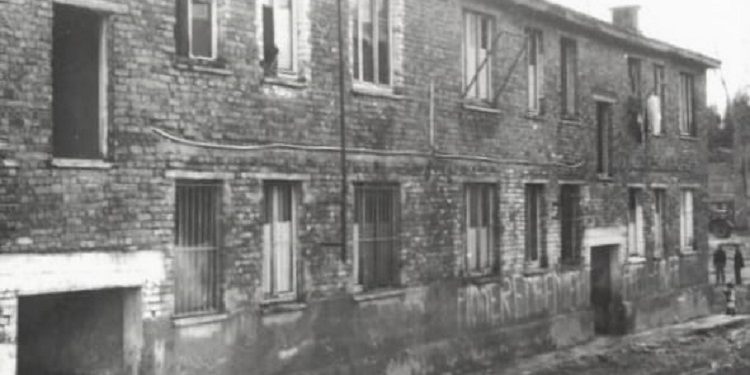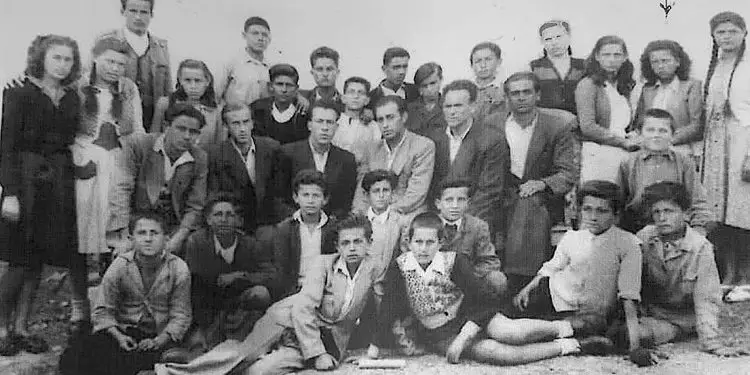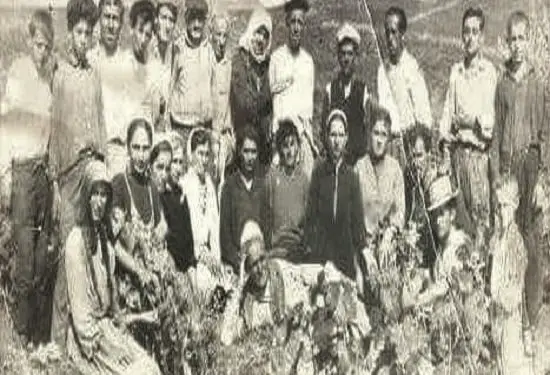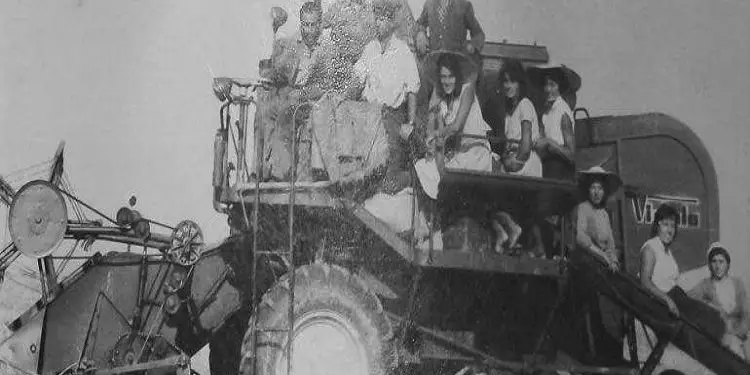From Agim Musta
Part twenty-two
Memorie.al / On the fourth anniversary of the passing away of the well-known historian, researcher, writer and publicist Agim Musta, (July 24, 2019), former political prisoner, his daughters Elizabeta and Suela, gave him the right to exclusivity for the publication, by the online media Memorie.al, of one of the author’s most prominent publications, such as the ‘Black Book of Albanian Communism’. This work contains numerous data, evidence, facts, statistics and arguments unknown to the general public, on communist crimes and terror in Albania, especially against intellectuals, in the period 1945-1991. The publication for the first time of parts of this book is also the realization of one of the bequests of the historian Agim Musta, who, from the beginning of 1991 until he passed away, for nearly three decades was engaged with all his powers, working to raise collective memory, through book publications and publications in the daily press. All that voluminous work of Mr. Agim Musta, concretized in several books, is a contribution of great value to the disclosure of the crimes of the communist regime of Enver Hoxha and his successor, Ramiz Alia. A good part of the publications of Mr. Agim Musta, is also translated into English. Thanking the two daughters of the late Musta, who chose Memorie.al, to commemorate their father, from today we are starting the publication, part by part, of the “Black Book of Albanian Communism”.
Continues from last issue
-Portraits of fellow sufferers-
(1945-1991)
They buried her dressed as a bride
The mine was from Baldushk town of Tirana. She had graduated from medical high school and was working as an assistant doctor in her village’s ambulance. He was known for his kind demeanor with everyone he happened to meet. The fellow villagers said that Minia heals you more with words than with medicine.
She was engaged and had decided on her wedding day. It never occurred to her that the spider state was preparing a trap for her to annihilate her in the prime of her youth. The poisonous grasses of Baldushku’s meadows caused the death of several cows of the cooperative that year.
The alarm was sounded, from the lowest instances, up to the infamous Central Committee of the Party. The order was issued: “Discover the hostile hand and strike it mercilessly”!
Among those marked for sacrifice, the name of 20-year-old Mines was also noted. It was decided that she would be arrested on the day of the wedding. This is how her pure soul and that of all the participants in the wedding was struck. The taxi, decorated with red ribbons, was replaced with the ominous “Gaz” of the Security. Instead of the wedding veil, they put a black plastic bag on her. They took off her wedding bracelet and put iron handcuffs on her.
In the interrogator, he was asked to admit that he had given the “enemies” poisons to poison the cows, despite the fact that there was only iodine and aspirin in the ambulance. They threatened him to accept what they asked him otherwise…! Bring on the mace!
Minia signed the minutes without reading them. Even if he read them, he would still sign them, because he knew what to expect if he did not accept. For eight months that he stayed in the cells of the investigation, he became bones and skin. She was so alienated that even her relatives did not recognize her on the first day of the trial. They sentenced him to 20 years in prison. He did not react at all when the claim was made and the sentence was read. She was shocked and it seemed to her that she was watching a lurid, open-eyed dream.
They sent him to the Lushnja Kosovo prison camp. After a few months she died without being visited by any doctor. In the last moments, she begged her friends to bury her dressed as a bride. They did the impossible and completed the bequest. On a beautiful day in May of 1975, Mina’s lifeless body was taken out of the gate of the prison camp, to be buried in the unmarked grave.
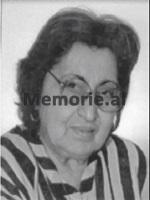 Maria Medicine
Maria Medicine
Maria Medicina, nurse, sentenced to death. He suffered 13 years of imprisonment, says: “I took part in the liberation war as a nurse, in the 1st Brigade. I was arrested at the beginning of 1952. My “guilt” is that I fell in love and married an Italian anti-fascist, who they had kept him as a hostage in Albania after the end of World War 2. After many efforts, he was allowed to repatriate to Italy in 1951, but I was not allowed to leave with him.
The Albanian security had asked him as a “reward” for repatriation, to engage in intelligence work and my future would depend on his “work”. My ex-husband, not only did not perform the assigned “tasks”, but in Italy, he exposed the dirty work of the Albanian Security. All the blasphemy against him was vented on my head.
They tortured me by all means so that I would admit that I was an agent of Italian intelligence. By order of Nevzat Haznedari, in the middle of winter, they threw buckets of cold water on me. The torture stopped when I lost consciousness. I was turned into a skeleton at the age of 27, sentenced to death. They called me the Albanian Matahari. The presidium spared my life, and commuted my sentence to 25 years in prison. In the old prison of Tirana, there was an annex for women. The conditions were extremely difficult. To suffocate rats and lice.
There were about 80 women convicted for political motives. I don’t forget some former fellow sufferers, who were turned into living ghosts by the torture of the Sigurimi executioners. Such was Bianka Balliçi, former journalist of Austrian origin and married to Nedin Balliçi from Elbasan. From the torture, her body was covered with scars.
His vertebral column was damaged by the kicks of the investigators and he could not walk. He walked on his hands and feet and had suffered psychological trauma. They had also given him urine to drink instead of water. They didn’t give him any treatment and it was painful to see him in that condition. After 10 years of suffering, he was released. He died in the psychiatric hospital. Another prisoner who drew attention to her advanced age (over 80 years old) was Marta Doda, the daughter of Mirdita’s prince, Preng Bib Doda.
In her youth, Marta was a close collaborator on the national issue with Luigj Gurakuqi, Hil Mosi and other prominent patriots. He was released from prison at the age of 82 and remained in the middle of four streets. No one opened the door for him; no one took care of him.
She was found dead, in front of the Church gate on “Kavaja Street”, on a cold winter morning. In 1956, we were removed from Tirana prison and taken to Valias camp. Two cow stables, they had turned into sleeping silos for us. They took water from a well, where they had thrown a dead cat. We worked 10 hours a day, in heavy agricultural work. To quench their thirst in the summer season, they drank polluted water from the farm canals. The commander of the Xhelua camp was a cruel soul. He also employed sick convicts.
Nurse Dezi, convicted of ordinary crimes, kept two thermometers in the camp ambulance. One did not rise above 37 degrees, while the other did not go below 40 degrees. If you came first, he would say that you have nothing, so you had to go to work; if the second came, he would accuse you of having fingered mercury and take you to the dungeon. Many women faint during labor. They were thrown into a cart carrying cow dung and taken to the camp.
Commander Xhelua encouraged the ordinary prisoners to insult us and beat us. In 1961, they removed us from Valias and took us to the ‘Artisan Prison’, on the outskirts of Tirana. Here we were more than 200 convicts.
They worked in tailoring and stuffing mattresses, for the departments of the Ministry of Internal Affairs. Many women fell ill from the cold and dust. I got sick with specific peritonitis. The doctor visited us, but did not treat us. No medicine was given, no hospitalization was done. When I complained about this to the director of camps and prisons at the Ministry of Internal Affairs, Qamil Manes, he replied:
“You Ulkons will die slowly, slowly.” At the insistence of Doctor Qazim Cerga, after three years, I was admitted to the prisoners’ hospital and treated. For the sake of the truth, it must be said that among the guardians of the soul, there was someone like Minja, who did not fall on our necks, but on the contrary tried to help us.
Even now in the time of democracy, I say hello to him. When I got out of prison in 1965, I was not allowed to work in my profession as a nurse, but was sent to a farm. I suffer from a series of illnesses and live in a dingy room that looks like two drops of water, like a prison cell. When will they give up on us who suffer a lot”?!
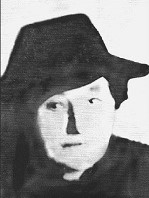 Marta Doda
Marta Doda
Born in Austria 1884, granddaughter of Prince Preng Bib Doda. He completed his secondary studies in Austria. In 1912 he embroidered the national flag. Master of five foreign languages. In 1912, he created the “Albanian Women’s Association” in Shkodër
She marries the respected doctor Ahmet Sadedin (Turk), whom the dictatorship imprisoned for 10 years, as well as the only daughter Frida, who also suffered in the prisons of the dictatorship. He was arrested in 1947 and sentenced to 12 years in prison.
Determined opponent of the dictatorship. Released in 1954 in the agony of her life.
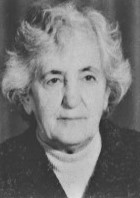 Shanisha Dosti
Shanisha Dosti
Born in Gjirokastër in 1922. The daughter of the well-known lawyer and politician, Hasan Dosti, one of the main leaders of the National Front and Minister of Justice in 1943. With secondary education. He was arrested in 1962 and sentenced to 5 years in prison for agitation and propaganda. Released in 1966.
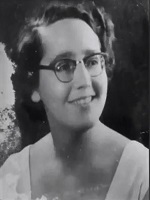 Tefta Tasi
Tefta Tasi
Born in Athens in 1927. Arrested in 1979, being interned as a family in internment camps. He was sentenced to 5 years in prison for agitation and propaganda. She was released in 1982. Her father, Koço Tasi, brother Napoloni, suffered for years in the prisons of the dictatorship.
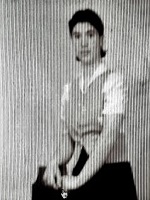 Drita Kosturi
Drita Kosturi
Born in Lezhë in 1920. Graduated from the “Queen Mother” high school in Tirana. He was arrested in 1946 and sentenced to 20 years in prison. Opposes the establishment of the communist dictatorship. He was released in 1959 and then exiled.
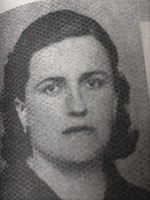 Hava Golem
Hava Golem
Born in Golem of Kurveles in 1912. Wife of Ismail Golem, (shot in 1945). He was arrested in 1946. He was accused of plotting the murder of Shefqet Peçi. He is sentenced to 20 years of political imprisonment. They tortured her inhumanely but she remained a man. He was released from prison in 1957, but until he died he suffered as a result of the class war.
 Zybejte Alizoti
Zybejte Alizoti
Born in Tirana 1929. Arrested in 1960 and sentenced to 10 years for agitation and propaganda. Released in 1968.
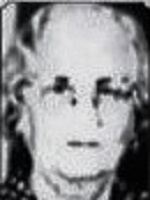 Azize Ferhati
Azize Ferhati
Born in 1930 in Vlora. He was arrested in 1968 and sentenced to 20 years in prison as an enemy of the government. Released in 1982.
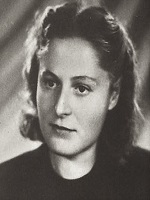 Bardha Bici
Bardha Bici
Born in Mirdi 1920. Arrested in 1945 and sentenced to 10 years in prison as an enemy of the people. He was released in 1951 and was interned as a family until 1990. (Daughter of Bajraktar Gjon Marka Goni).
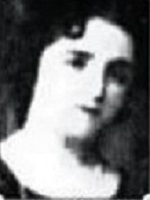 Adile Bulletin
Adile Bulletin
Born in Shkodër in 1907. Arrested in 1946 and sentenced to 6 years in prison for propaganda agitation. Released in 1950.
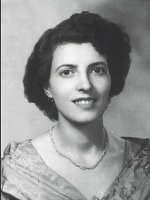 Agim Pipa
Agim Pipa
Born in Shkodër in 1922. Arrested in 1946 and sentenced to 10 years in prison for agitation and propaganda. Released in 1951.
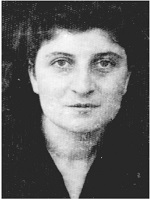 Ana Daja
Ana Daja
Born in Shkoder in 1928. Arrested in 1946 and sentenced to 10 years in prison for agitation and propaganda. He was released from prison in 1952.
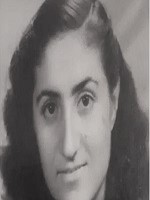 Donika Doko
Donika Doko
Born in Cologne 1930. Arrested at the age of 14. Sanija’s daughter and Bujar Doko’s sister. Imprisoned and sentenced in 1945. Due to age, released on 2 years’ probation.
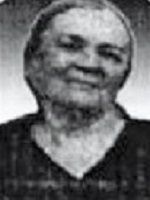 Dylbere Zeneli
Dylbere Zeneli
Born in Vlora in 1922. Arrested in 1955 and sentenced to 15 years in prison as an enemy of the government. He was released from prison in 1962.
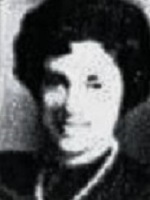 Tolanda Karbunara
Tolanda Karbunara
Born in Naples in 1936. Arrested in 1952 and sentenced to 15 years in prison for attempting to escape. He was released from prison in 1965.
 Sanie Doko
Sanie Doko
Born in Cologne in 1905. Arrested in 1946 and sentenced to 5 years in prison. She was accused of harboring fugitives. Released after 2 years from prison.
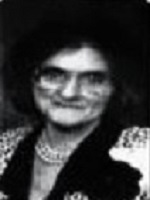 Shega Këlcyra
Shega Këlcyra
Born in Këlcyre (Përmet) 1929. Imprisoned in 1947 and sentenced to 8 years of imprisonment for agitation and propaganda. Released in 1952.
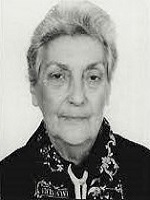 Rita Koçi
Rita Koçi
Born in Tirana in 1932. She did well in high school, but because of her father, Colonel Sami Koka, she was denied the right to high school. He was arrested in 1951 and sentenced to 10 years in prison for agitation and propaganda. He was released from prison in 1959.
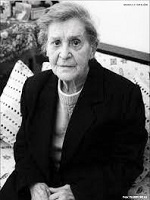 Makbule Frashëri
Makbule Frashëri
Born in Korça in 1927. Arrested in 1951 and sentenced to 15 years in prison as an enemy of the government. Released in 1965. Memorie.al
The next issue follows




